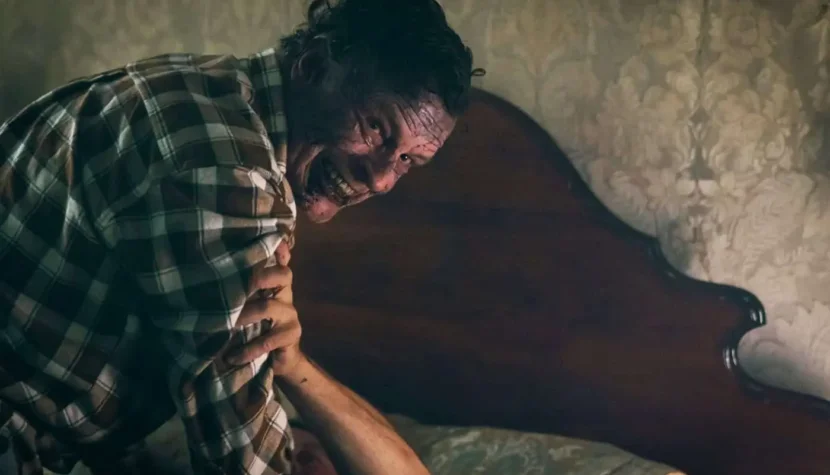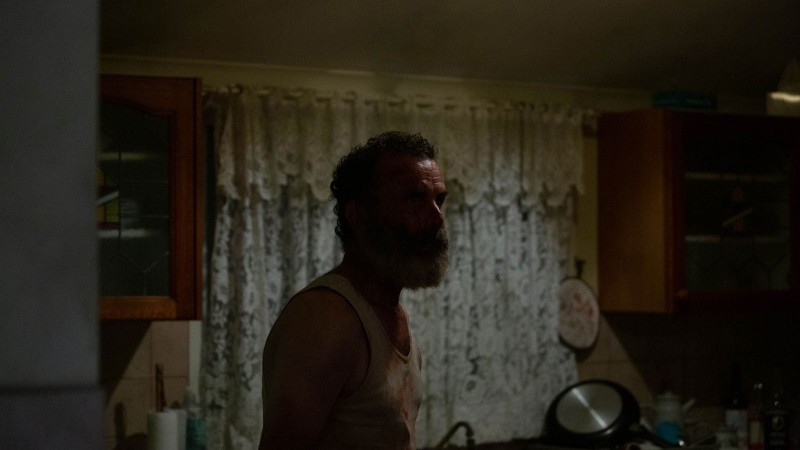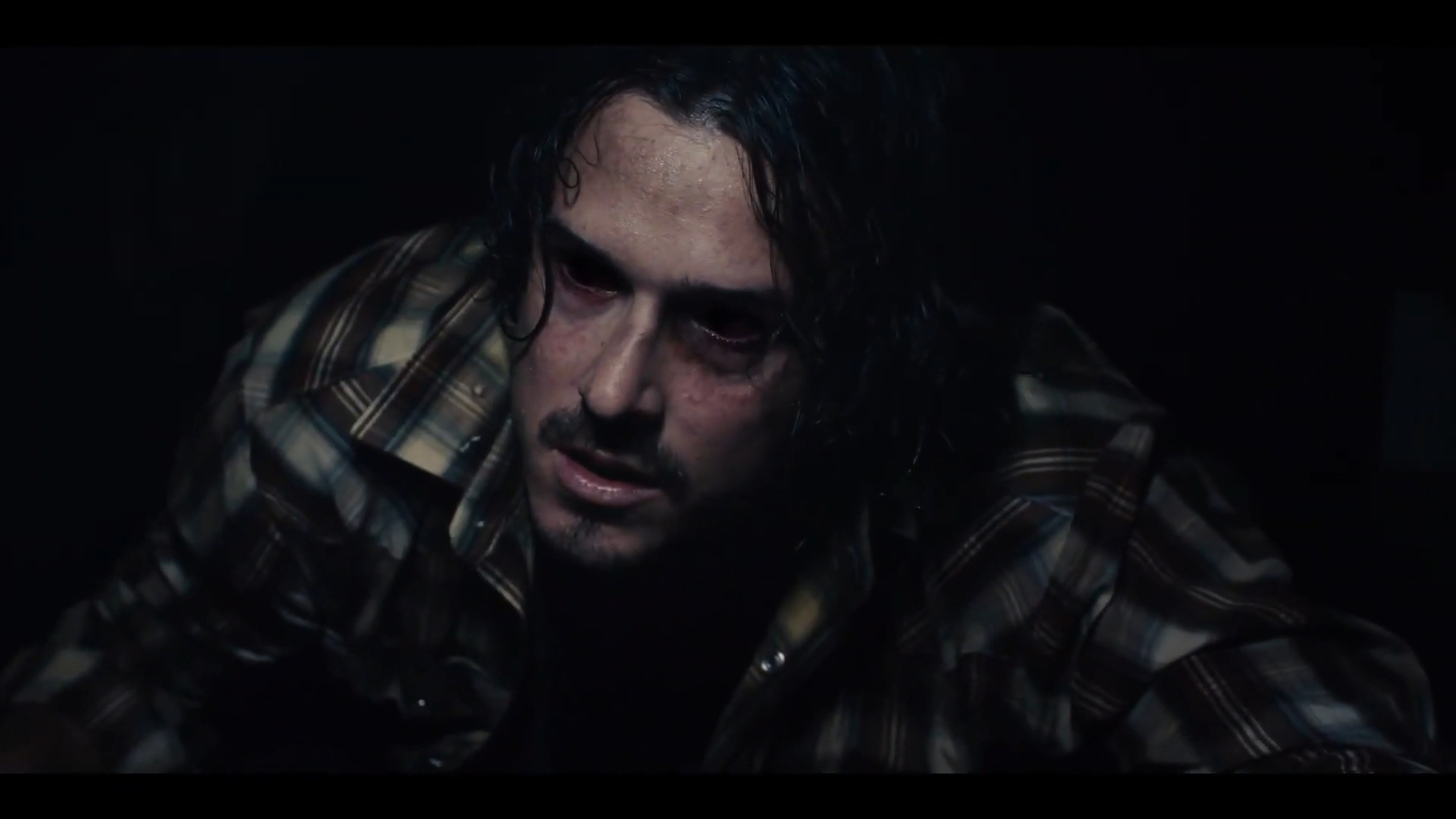THE DEMON DISORDER. Family horror [REVIEW]

As the saying goes, “You’re best off with family only in a photograph.” Although a film technically consists of a series of images, this rule doesn’t quite apply to the cinema—the families that appear on screen often fare worse than better together. Horror in particular embraces this tendency, making fear within family settings one of its defining features. The latest example of this is the Australian film “The Demon Disorder”, the directorial debut of Steven Boyle.
The setting is evocative—a secluded farm in the Australian outback, home to three adult brothers who still bear the scars of growing up under their strict father’s rule. The youngest brother has been behaving strangely for some time, showing symptoms of what appears to be a mental illness rooted in shared family trauma, one that all three brothers have either worked through or ignored to varying degrees. Phillip, tormented by disturbing visions, isn’t merely mentally ill, however—he’s possessed by a sinister force, a demon. Eventually, his brothers uncover the shocking truth behind the possession, and a fourth character joins the scene—their deceased father.

From here, “The Demon Disorder” builds an intimate horror story in which the brothers must confront not only the unclean forces at play but also their own, very earthly fears. Boyle blends family psychodrama—explored through solid dialogue—with possession spectacle and elements of body horror, in a way typical of the genre. This combination is technically proficient, but also rather uninspired, fading quickly from memory amidst a host of similar and often more inventive portrayals. Demonic convulsions, limbs crawling across ceilings—it’s all been done before. The filmmakers do manage to evoke a gritty atmosphere reminiscent of modern Australian social drama (one might draw comparisons to the work of Justin Kurzel) more than traditional horror, resulting in an intriguing overlay of pessimistic realism with a supernatural demonic twist. It somewhat recalls last year’s “When Evil Lurks“, though without the skill in crafting tropes and intrigue that characterized the Mexican film.
The story itself, in which a sinister presence embodies toxic father-son dynamics, feels rather formulaic. The title suggests a more psychological approach than Boyle actually delivers. His “The Demon Disorder” leans on familiar associations of parenthood with hellish tendrils, only faintly hinting at a dark metaphor. The film’s stylistic choices feel wasted, framing clichés of strained brotherly relationships and mechanically linking them to possession sequences. “The Demon Disorder” stands awkwardly between B-movie horror for a casual evening with friends and more ambitious psychological terror. This eclecticism, in Boyle’s not-yet-mature hands, ultimately falls flat.

“The Demon Disorder” tempts with its intriguing setting and a nicely fractured narrative style, but it delivers only a competent, uninspired horror experience best suited to a secondary theater room. Though everything is technically in place, it’s hard to shake the feeling that the elements don’t quite mesh, resulting in a film that’s often tedious, even eye-roll-inducing, rather than spine-chilling. This story had more potential, though it’s not a complete disaster either.

